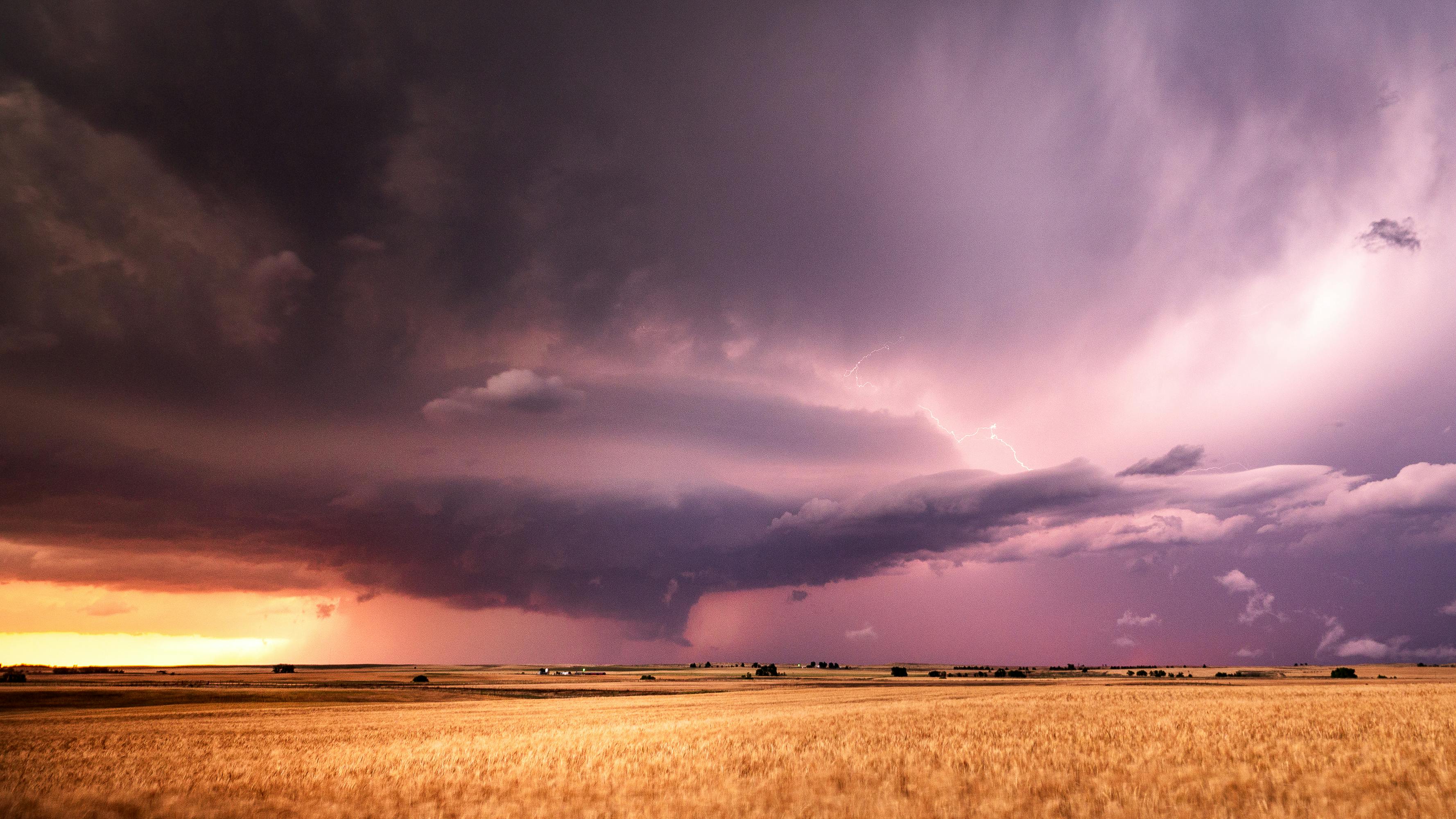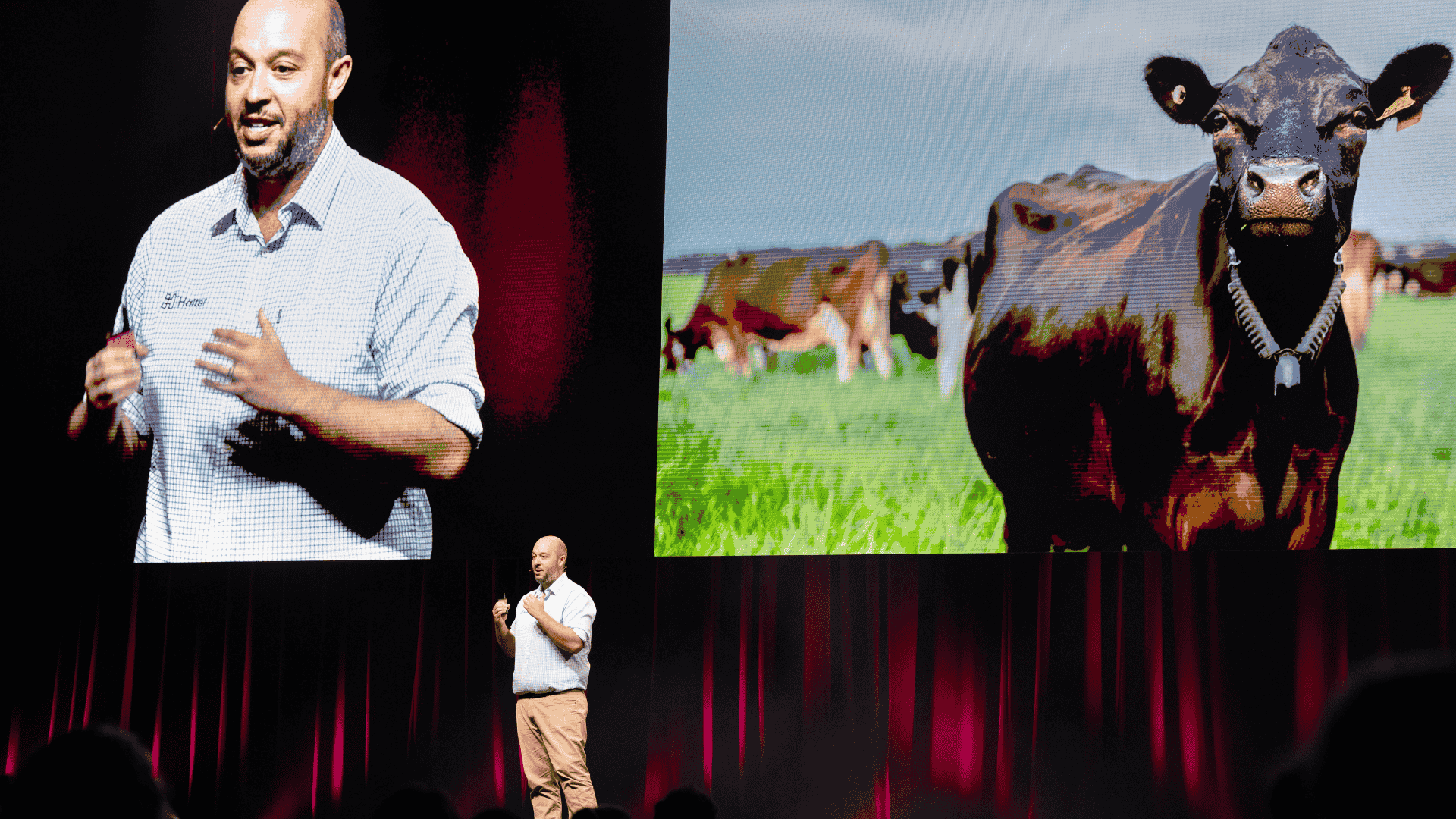Virtual fencing gets green light at ag tech event
Virtual fencing has been given the green light in Victoria, with Halter’s P5 electronic collar system on Wednesday becoming the first technology...

Founded by Darryl Lyons and Mic Black in early 2022, ‘Rainstick’ is an Australian agtech startup that blends ancient Indigenous wisdom with cutting-edge electrokinetic technology to enhance crop growth.
The company’s Variable Electric Field (VEF) technology mimics the natural effects of lightning to stimulate seed growth, offering a non-chemical and regenerative approach to improving crop yields.
The inspiration behind Rainstick’s technology comes from the Maiawali People of central west Queensland, who recognised the influence of lightning on plant growth.
By harnessing this natural phenomenon, Rainstick aims to improve seed germination rates, accelerate seedling emergence, and enhance crop yields, contributing to more sustainable and resilient food systems.
“The Maiawali people, my ancestors, come from the Diamantina channel country. We were a rainmaker tribe, using a ‘chugara’ to influence thunderstorms because of the belief that it made a difference in growing grain,” said co-founder Darryl Lyons.
“That’s why the company is called Rainstick—to mimic that effect and belief system”, he said.
Unlike traditional chemical seed treatments, “Rainstick’s electrokinetic method is clean, sustainable, and easy to integrate into existing farming practices,” according to Mr Lyons.
Rainstick treats the seed before it is dispersed to the producer and sown, therefore will not require sky-high costs for additional infrastructure.

Rainstick aims to improve seed germination rates, accelerate seedling emergence, and enhance crop yields. Pic: Supplied
Currently, Rainstick's seed treatment process takes approximately 14 days before the treated seed is ready for use. However, ongoing trials are testing the long-term efficacy of the treatment.
“By the end of the year, we should have data on how the treatment holds up over 12 months, and we’ll continue extending that to 18 and 24 months,” Mr Lyons explained.
“We’re also testing different species to see if there are variations in how they respond.”
The findings will determine Rainstick’s role in the supply chain. “Once we understand the longevity of the treatment, we can figure out whether we need to be treating seed and sending it directly to growers or working with seed companies to apply the treatment before they distribute it,” Mr Lyons said.
In June 2023, the CSIRO conducted an independent trial on Rainstick’s VEF technology, which revealed its potential to influence microbial populations in ways that could further support plant health and productivity.
Mr Lyons said in the initial stages, the startup has aimed to combat the pressures facing glasshouse producers, including rising electricity costs and increasing financial strain.
“What we’re doing is helping the glasshouse crops hit retail size a bit quicker—our target is 10 to 15% faster so they can grow an extra crop per year. We’re seeing those results in trials, which means more throughput and better returns for farmers.”
Rainstick’s early trials have focused on crops such as leafy greens, tomatoes, and canola, which Mr Lyons believes has delivered promising results.
“Early results have shown a 10-20% increase in crop growth speed.” The company is now scaling up production, initially targeting 350 kilos of seed per week before expanding into broadacre cropping.
“We're setting up our seed treatment facility this year, where we can treat 350 kilos of seed a week—that’s a lot for horticulture,” Mr Lyons explained.
“Once we move into broadacre cropping, it’ll take a few more years to develop a machine that can handle that scale.”
For Mr Lyons, Rainstick is more than just an agtech startup—it’s a way to reconnect with his heritage and contribute to global food security. With a background in agtech startups and a deep personal connection to agriculture, he is determined to bring innovative solutions to the industry.
“My grandfather was a pretty smart man. He lost his farm to drought in the late ’60s, but he was the first person to build a mechanical cotton harvester in the Southern Hemisphere. However, drought really knocked him around, and he never got back on the farm,” he shared.
“I started exploring my Aboriginal heritage and was amazed at how little traditional knowledge has been integrated into modern agriculture—there’s a huge opportunity for it to grow.”
Rainstick’s participation in EvokeAG 2025 provides a platform to connect with producers, innovators, researchers, industry leaders, government, and investors. The event, featuring over 50 startups from 10 countries, will showcase cutting-edge agricultural solutions.
“Super excited that EvokeAG will be in Queensland—our home state. It’s going to be a cracker of an event, and I’m looking forward to showing the world what Queensland has to offer in Aussie agtech,” Mr Lyons said.

Virtual fencing has been given the green light in Victoria, with Halter’s P5 electronic collar system on Wednesday becoming the first technology...
.png)
What if the real issue with “kids not stepping up” isn’t them at all?In this episode, Ben Law sits down again with high-performance advisor Chris...
.png)
As Victorians begin the long recovery following devastating bushfires which burnt more than 400,000 hectares, a pair of contract...